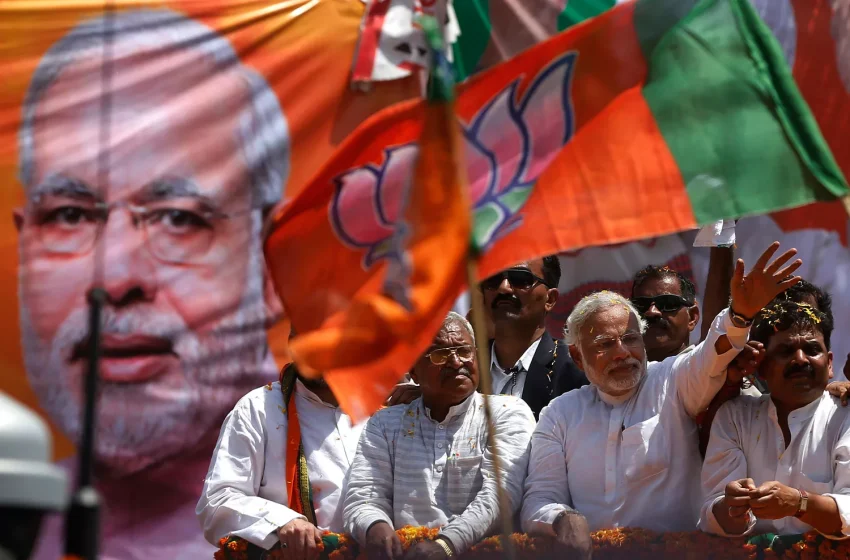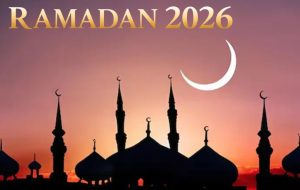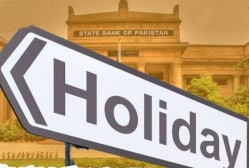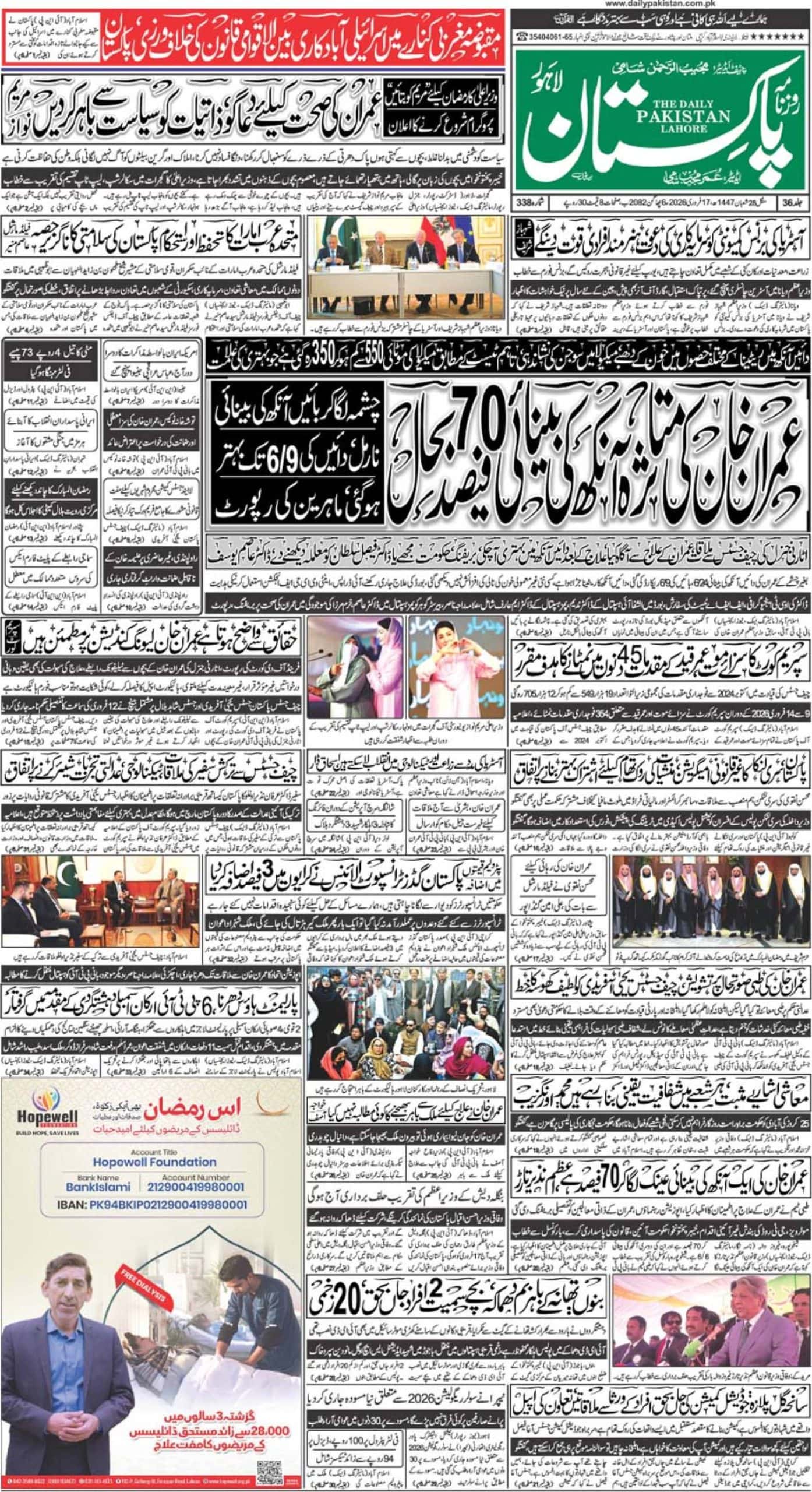NEW DELHI – India’s Supreme Court has ruled that election candidates cannot use religion or caste to win votes, describing them as corrupt practices under electoral laws.
Now politicians are barred from seeking votes in the name of religion, caste or creed, ahead of crucial assembly polls in five states. The court also ruled that seeking votes in this manner will be deemed a corrupt practice and not permissible, the Times of India reported.
Monday’s ruling is considered significant as it comes months before elections in Uttar Pradesh state where dominant campaign issues are caste affiliations and the building of a Hindu temple in place of a 16th century mosque demolished by Hindu hardliners. Legislature elections are also due in Punjab, Uttarakhand, Goa and Manipur states.

The ruling came on a batch of petitions, including one by Abhiram Singh of the Hindu nationalist Bharatiya Janata Party whose election had been set aside by a Mumbai court.
India has a Hindu-nationalist government, and most political parties select candidates in various districts based on caste and religious considerations to influence voting.
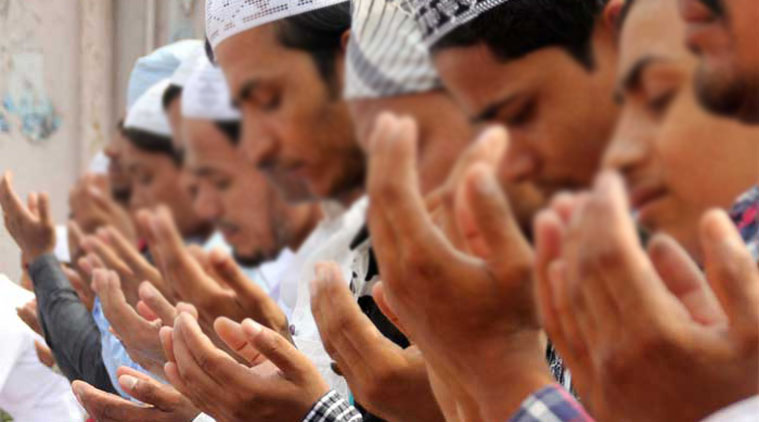
Hindus constitute nearly 80 per cent of India’s 1.25 billion people, while Muslims comprise 14.2pc and the remaining 6pc adhere to other religions, such as Christianity, Sikhism, Buddhism and Jainism.
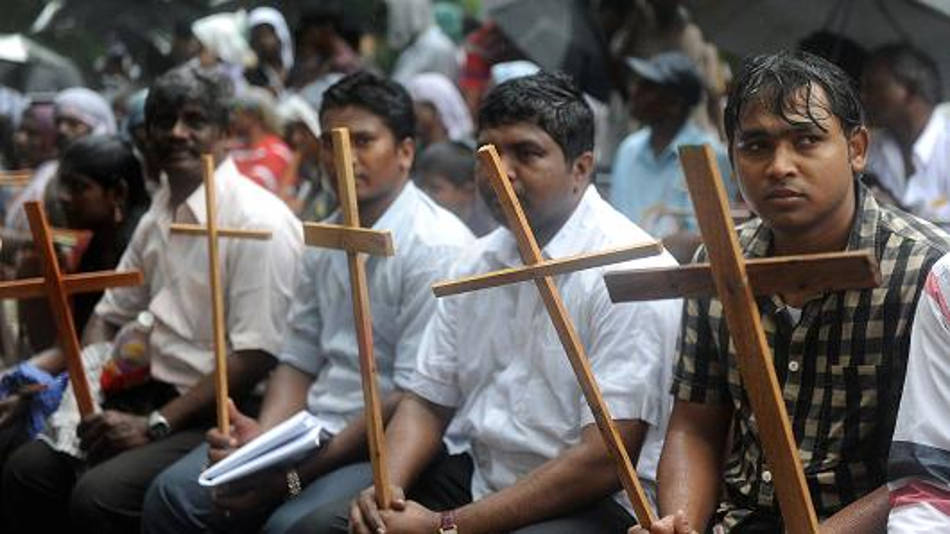
Monday’s verdict was split 4-3. The majority ruling by Chief Justice T.S. Thakur and three other judges said that religion “has no role in electoral process which is a secular activity.”
Three dissenting judges said the issue should be left to parliament to decide.
Chief Justice T S Thakur, justices M B Lokur, S A Bobde and L N Rao favored rooting out religion from election, while Justices A K Goel, U U Lalit and D Y Chandrachud were in a minority on the issue.

